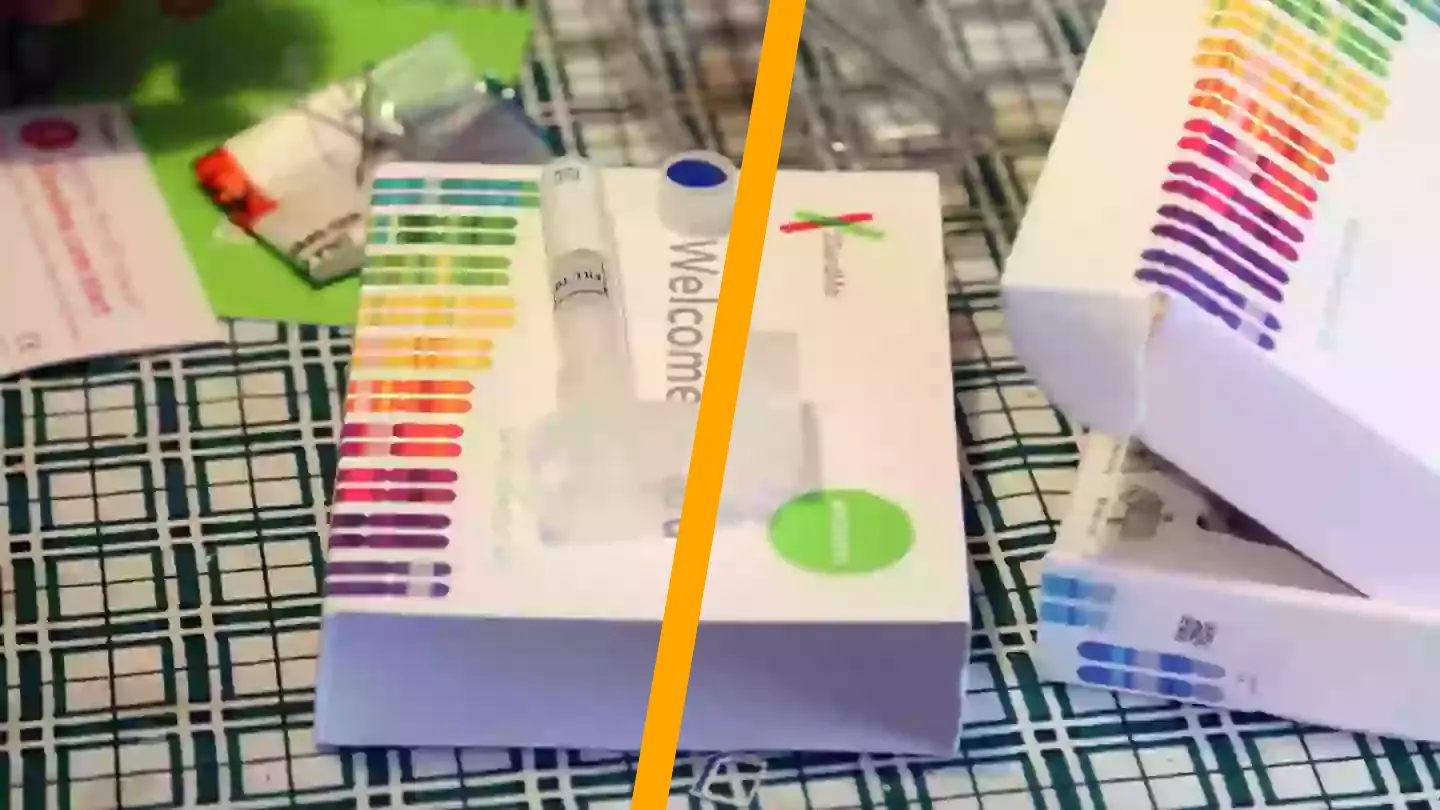23andMe, a widely used DNA testing platform that has captivated millions with the promise of uncovering ancestral roots, has recently filed for bankruptcy. This announcement has raised concerns regarding the handling and security of personal data collected by the company.
In recent times, there has been a surge of interest among individuals eager to explore their lineage and validate family stories of ethnic heritage. DNA testing sites have simplified this quest, offering an accessible method to investigate one’s genetic makeup. The procedure is straightforward: customers order a kit, provide a DNA sample, typically through saliva, and send it for analysis. But the question arises—what if this sensitive information falls into the wrong hands?
This apprehension has intensified following 23andMe’s bankruptcy filing, disclosed in a press release on March 23. The company announced its intent to pursue bankruptcy as a strategy to ‘facilitate a sale process to maximize the value of its business.’
Since going public in 2023, 23andMe has struggled to achieve profitability, as reported by BBC News. Complications have arisen from allegations of a data breach in 2023 that compromised the personal information of nearly seven million users, leading to a reduction of 200 employees as part of a lawsuit settlement.
Following these developments, CEO Anne Wojcicki stepped down, with Joe Selsavage, the finance chief, assuming the role of interim CEO.
Mark Jensen, Chair and member of the Special Committee of the Board of Directors, elaborated on the decision to file for bankruptcy: “After a thorough evaluation of strategic alternatives, we have determined that a court-supervised sale process is the best path forward to maximize the value of the business. We expect the court-supervised process will advance our efforts to address the operational and financial challenges we face, including further cost reductions and the resolution of legal and leasehold liabilities. We believe in the value of our people and our assets and hope that this process allows our mission of helping people access, understand and benefit from the human genome to live on for the benefit of customers and patients.”
Approximately 15 million individuals have submitted their DNA to 23andMe, placing their data in a precarious situation.
In its announcement, 23andMe reassured that it plans to ‘continue operating its business in the ordinary course throughout the sale process’ and maintains that there are ‘no changes to the way the Company stores, manages, or protects customer data.’ Despite this assurance, the prospect of a sale raises questions for customers.
Chenedy Wiles, a 23andMe user, expressed her concerns to NPR: “I absolutely think this needs to be clarified. The company has undergone so many changes and so much turmoil that they need to figure out what they’re doing as a company. But when it comes to my genetic data, I really want to know what they plan on doing.”
Andy Kill, a 23andMe spokesperson, when approached by the publication, did not specify the company’s plans for the genetic data. However, he reaffirmed a commitment to privacy, stating: “For our customers, our focus continues to be on transparency and choice over how they want their data to be managed.” Kill highlighted that about 80 percent of 23andMe’s clientele had consented to their genetic data being used for medical research upon signing up, a decision linked to an agreement with pharmaceutical firm GlaxoSmithKline for developing new treatments.
Regarding legal inquiries, Kill emphasized that 23andMe employs ‘all legal measures’ to counteract requests for DNA data.
Anya Prince, a University of Iowa law professor specializing in genetic privacy, informed NPR that the Health Insurance Portability and Accountability Act (HIPAA) does not extend protection to 23andMe’s data. However, certain states, like California and Florida, do offer consumers rights over their genetic information. Prince advised: “If customers are really worried, they could ask for their samples to be withdrawn from these databases under those laws.”

